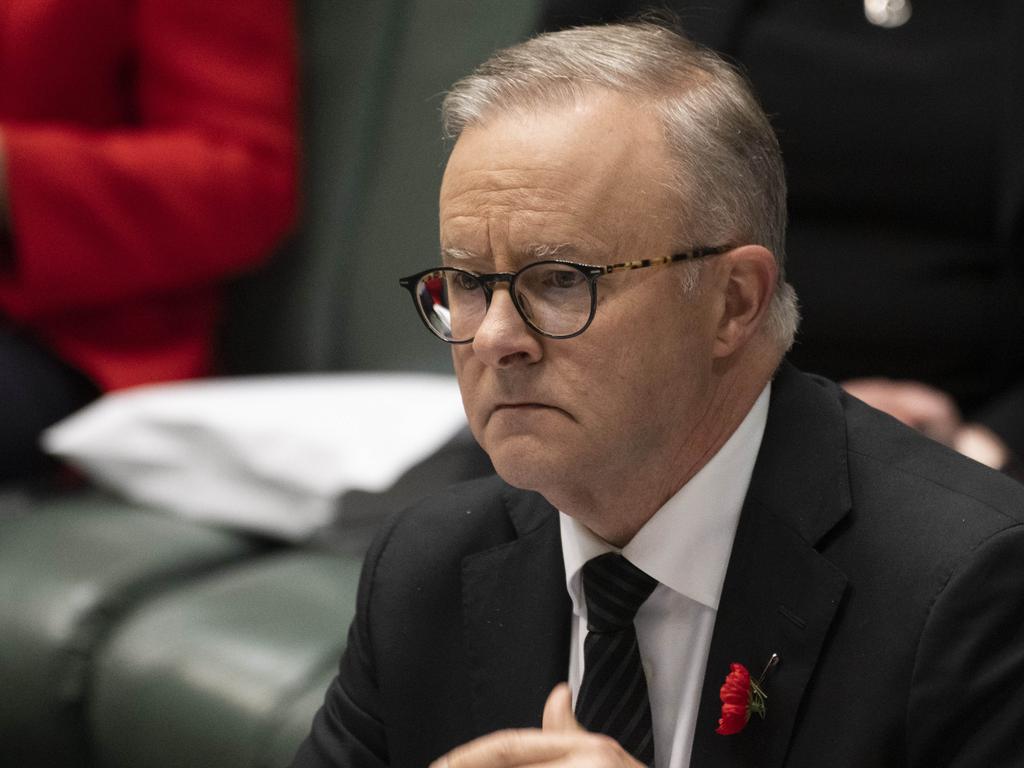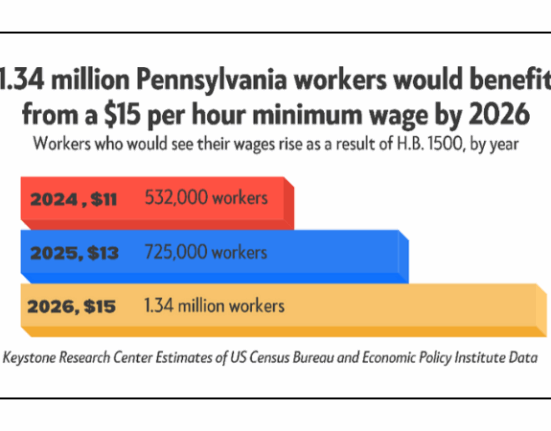The Australian political landscape is buzzing with heated debates and conflicting opinions as the federal Coalition expresses strong opposition to the government’s proposal to double the tax on superannuation balances exceeding $3 million. The policy, introduced by Labor, aims to increase the concessional tax rate on the portion of super balances above this threshold to 30%.
The genesis of this contentious policy lies in observations made by the Treasury, revealing that a select few individuals were exploiting the superannuation system for tax minimization purposes rather than using it solely for retirement planning, as originally intended. This revelation prompted Labor to devise measures to ensure that super contributions above $3 million receive less favorable tax treatment.
One particularly controversial aspect of the proposed policy is the taxation of unrealized capital gains accrued within these large accounts. Unrealized gains represent paper profits—increases in asset values like properties or shares that have not yet been realized through cash transactions. This move has triggered significant backlash from various quarters, especially those with self-managed super fund structures.
Treasurer Jim Chalmers has characterized these changes as “modest
” adjustments aimed at maintaining concessional treatment for individuals with substantial super balances while slightly reducing its generosity. Chalmers emphasized that taxing unrealized gains is not unprecedented and noted that losses can be carried forward under this regime.
However, Nationals senator Matt Canavan vehemently opposes this measure, asserting that there is no way they will support any actions perceived as targeting individuals who lack financial means to bear such burdens. Canavan expressed his discontent on national television, labeling the tax on unrealized gains as “
incredibly unfair.”
Interestingly, Greens Leader Larissa Waters advocates for a lower threshold of $2 million instead of $3 million for applying these tax changes. She highlighted how only a minuscule percentage of Australians would be affected by this policy adjustment since it primarily impacts affluent individuals with considerable wealth stashed in their super accounts.
In response to mounting pressure and critique from various quarters, Prime Minister Anthony Albanese struck a conciliatory tone by signaling openness to negotiations regarding these proposed reforms. He acknowledged concerns about exorbitantly high super account balances exceeding $100 million and questioned whether such accumulations truly serve retirement planning purposes effectively.
Albanese’s willingness to engage in discussions and seek common ground reflects a pragmatic approach towards addressing divergent views within Australia’s political arena. As talks unfold and tensions simmer over the future of Australia’s superannuation taxation regime, one thing remains clear—the path towards consensus will be fraught with challenges and compromises.
In conclusion, Australia finds itself at a crossroads where competing interests clash over fundamental questions surrounding wealth distribution, fiscal responsibility, and retirement security. The outcome of these deliberations will not only shape the nation’s economic landscape but also define its commitment to equity and social welfare in an era marked by increasing financial complexities and disparities.









Leave feedback about this